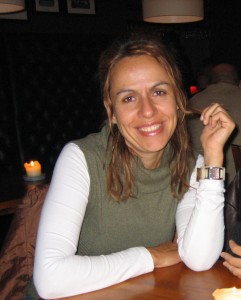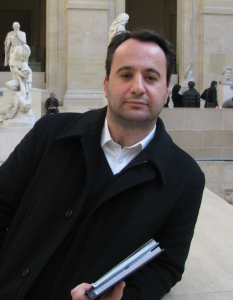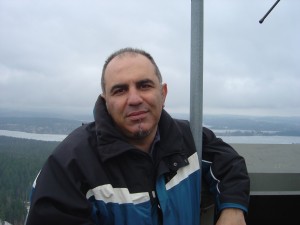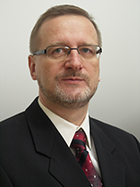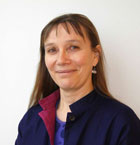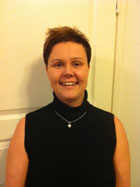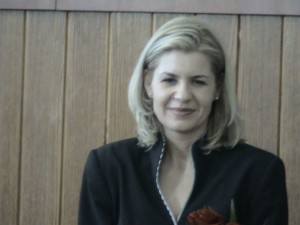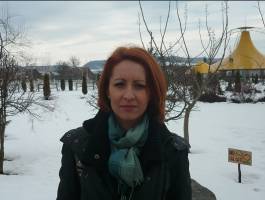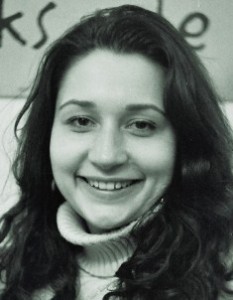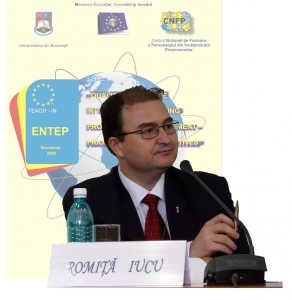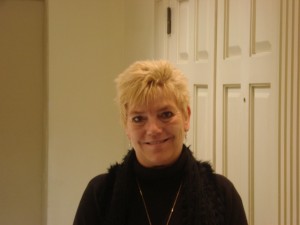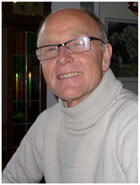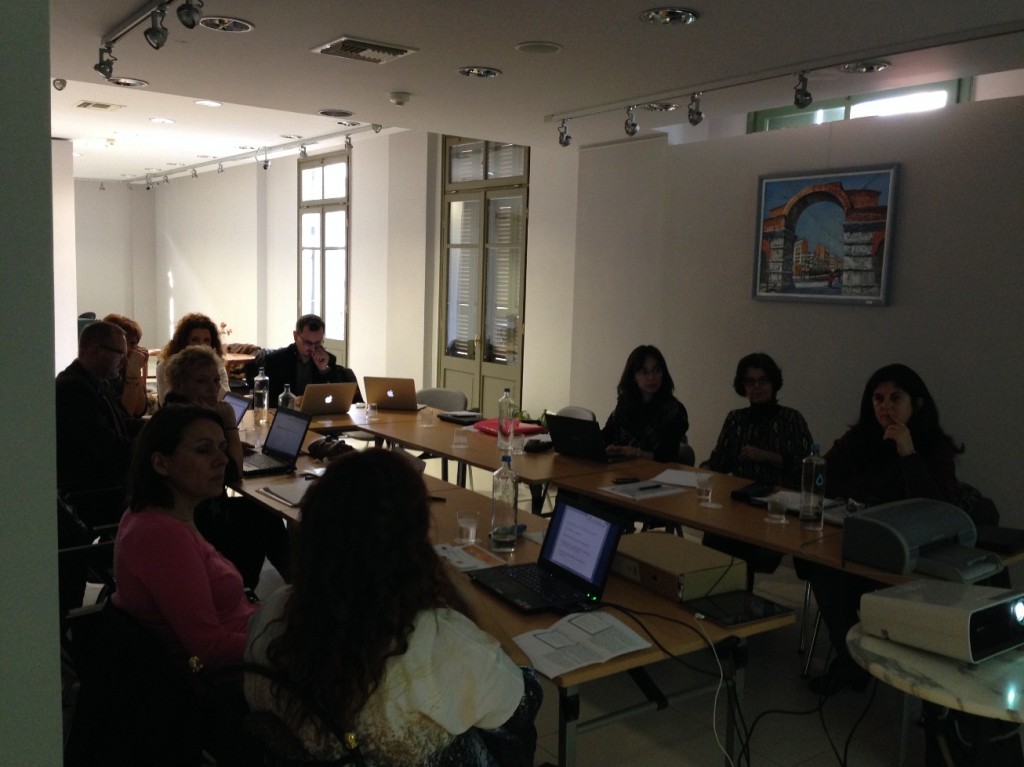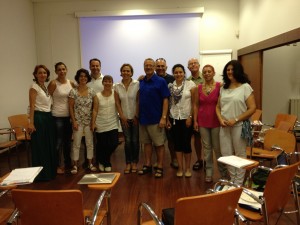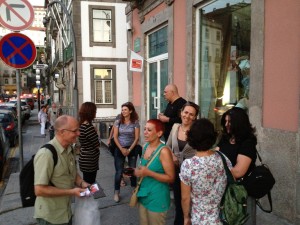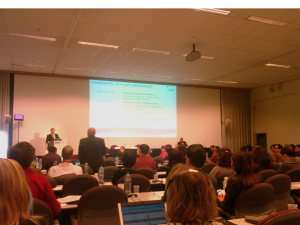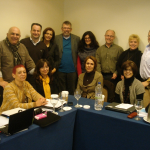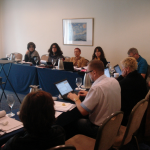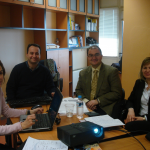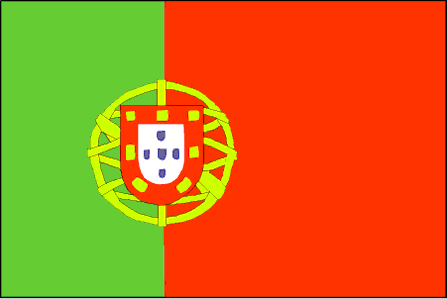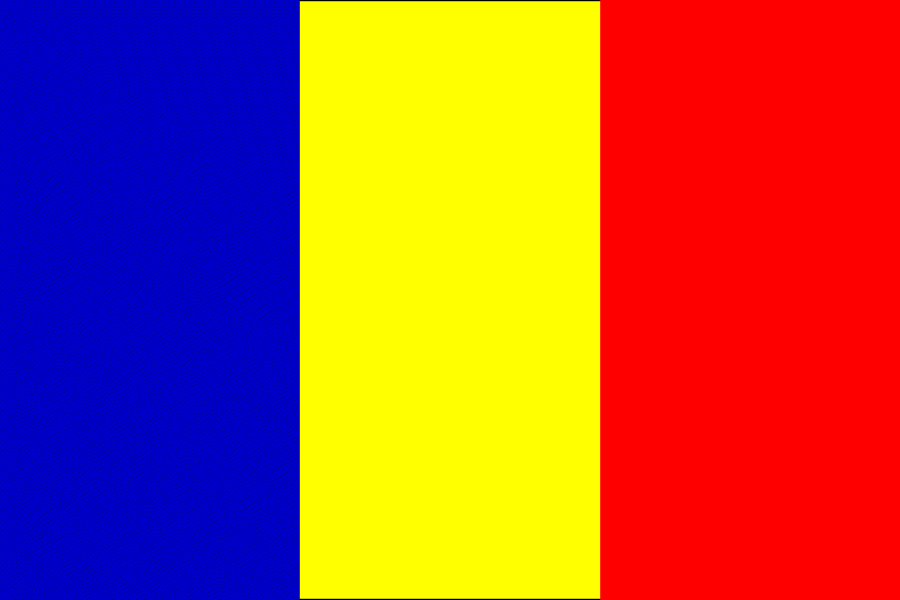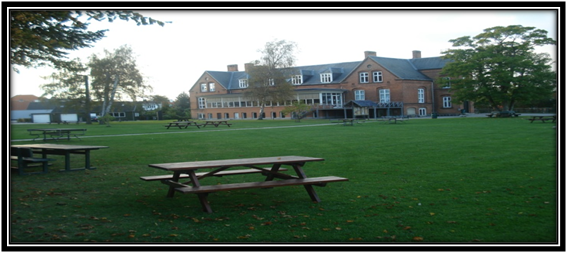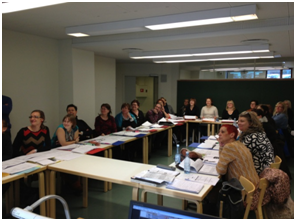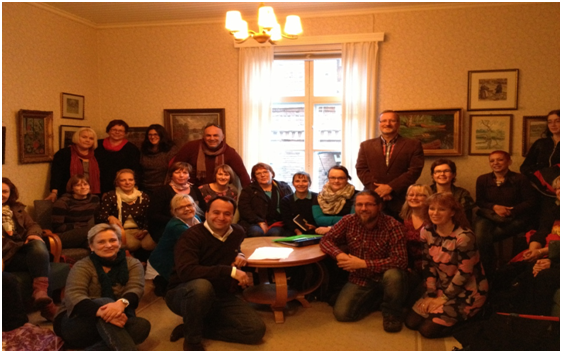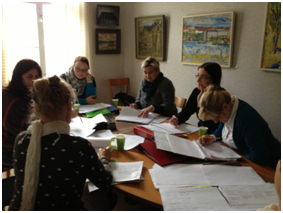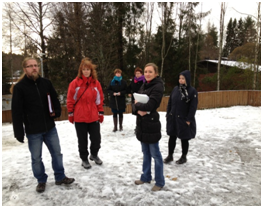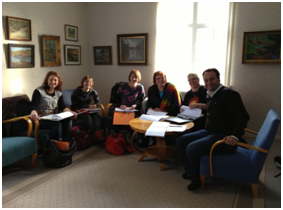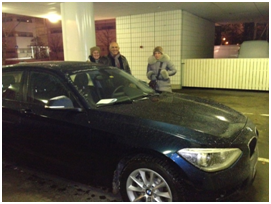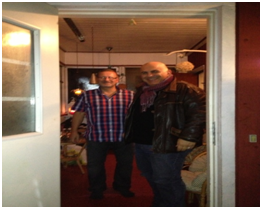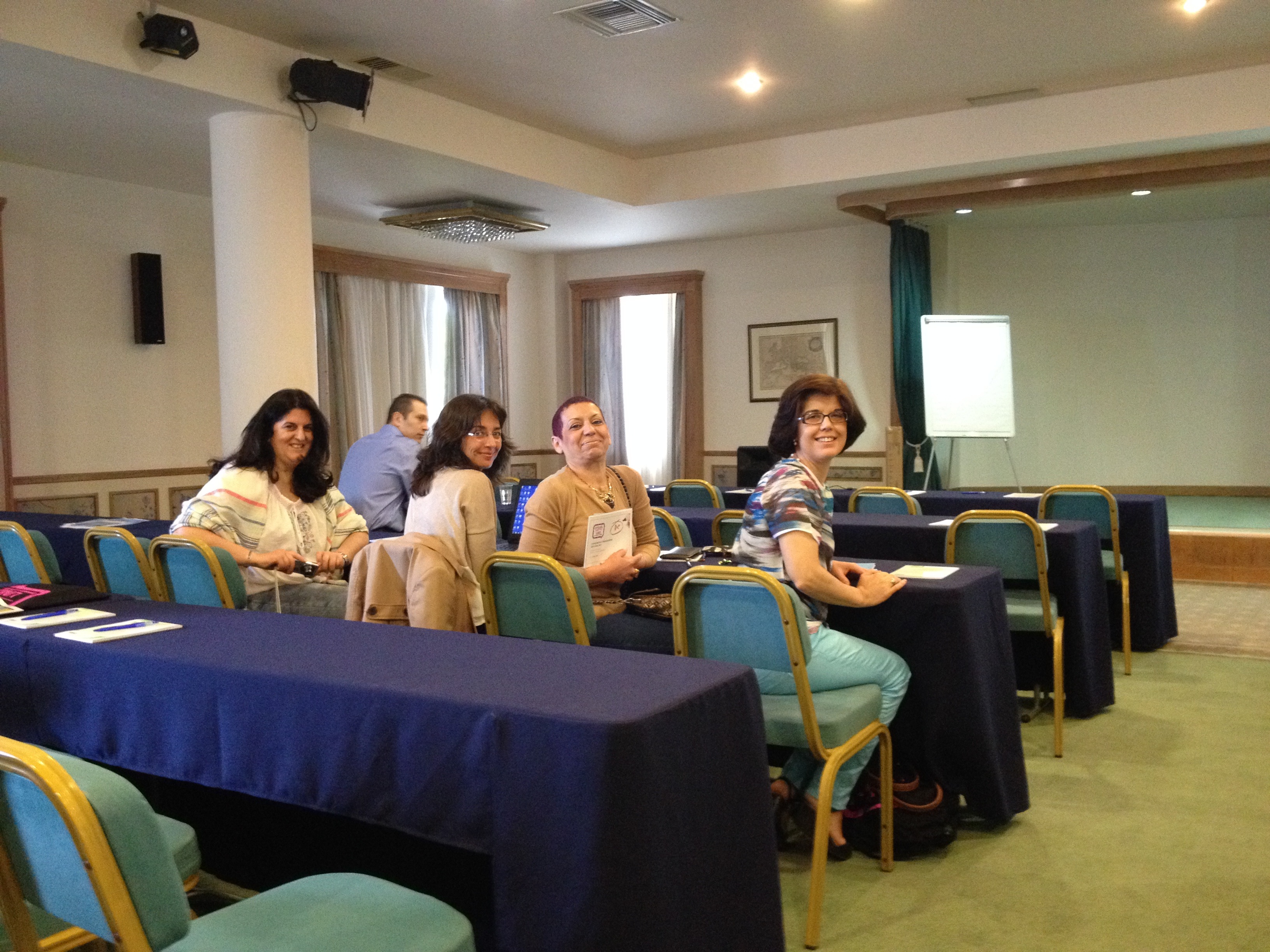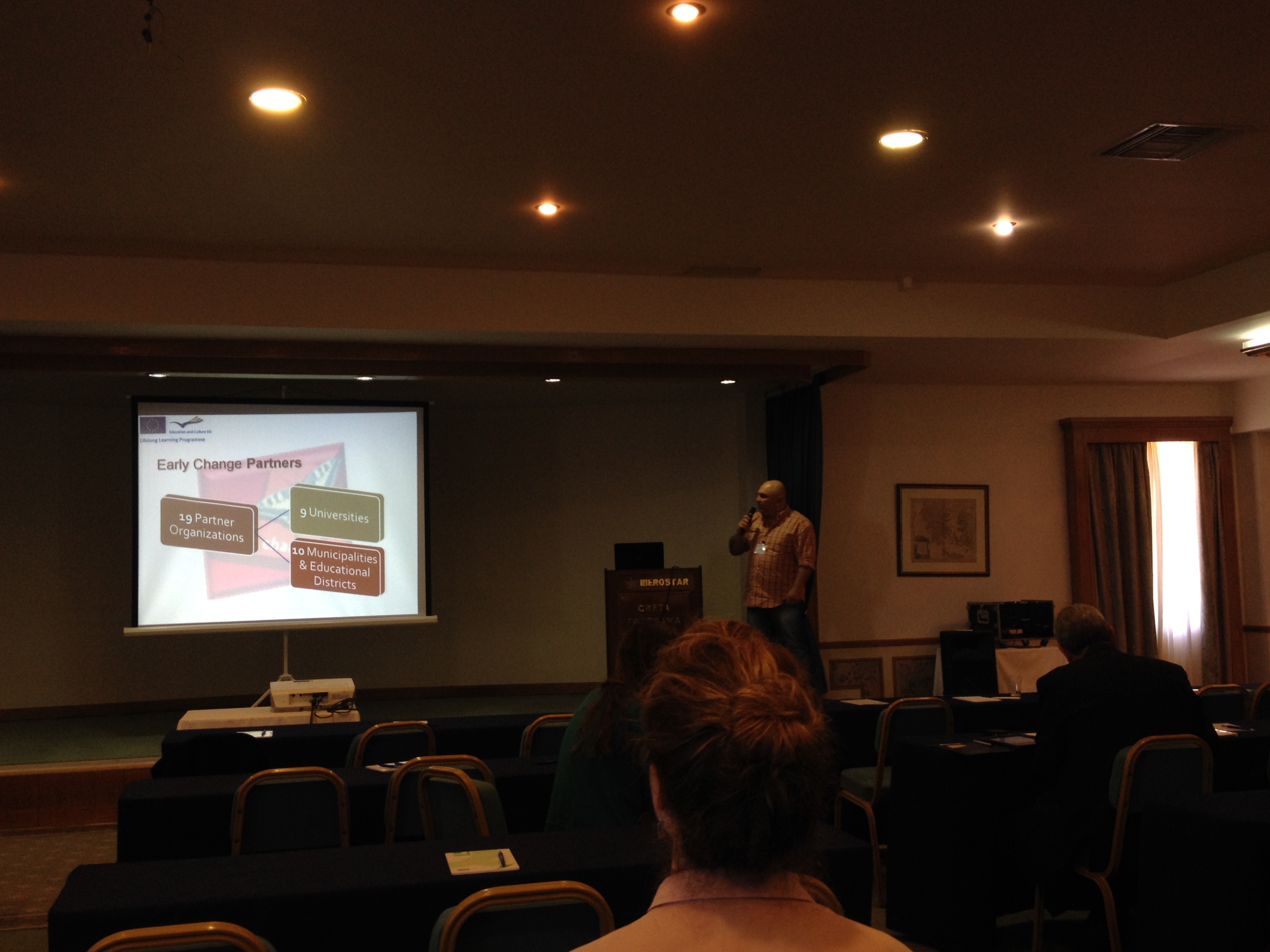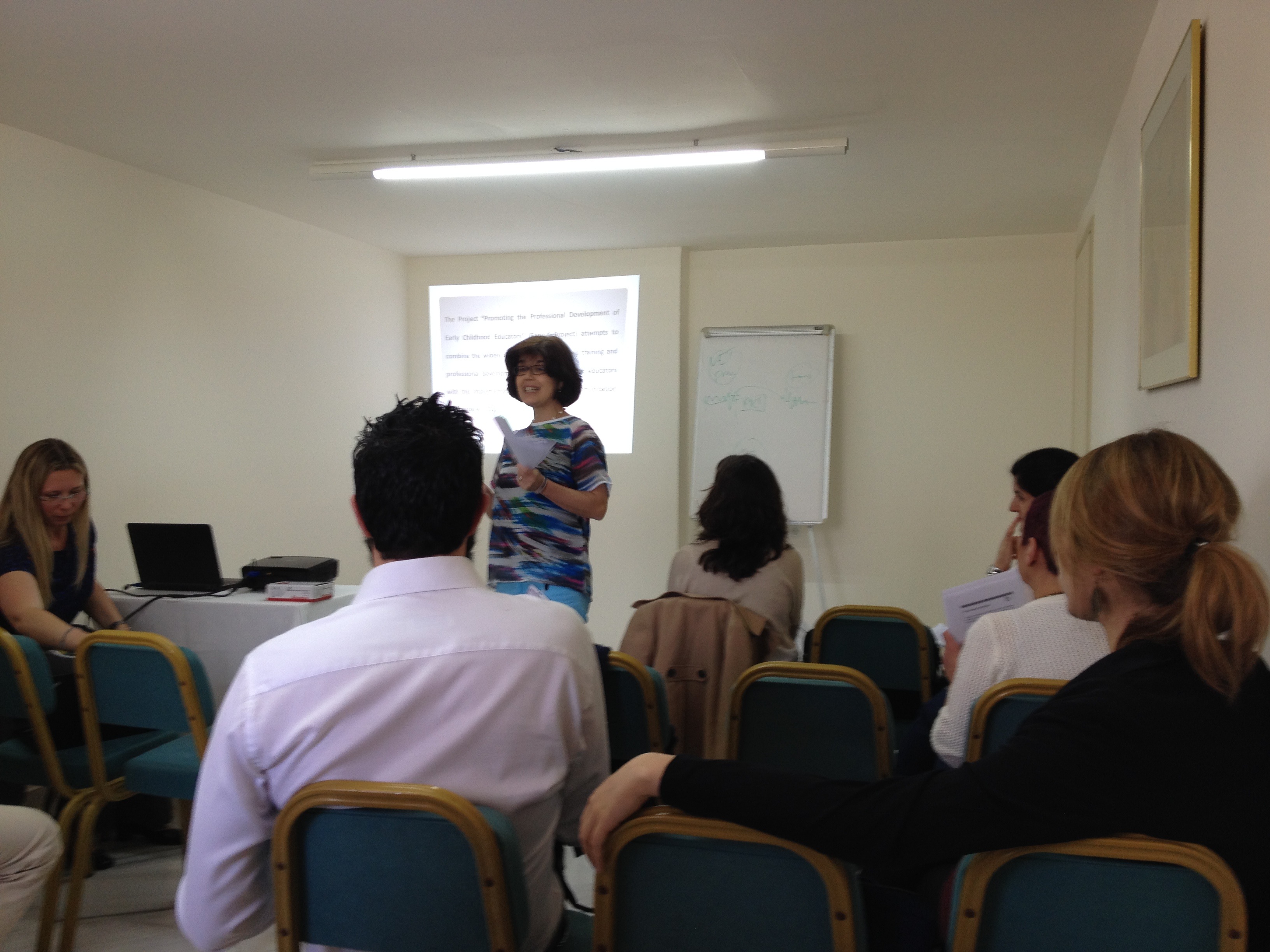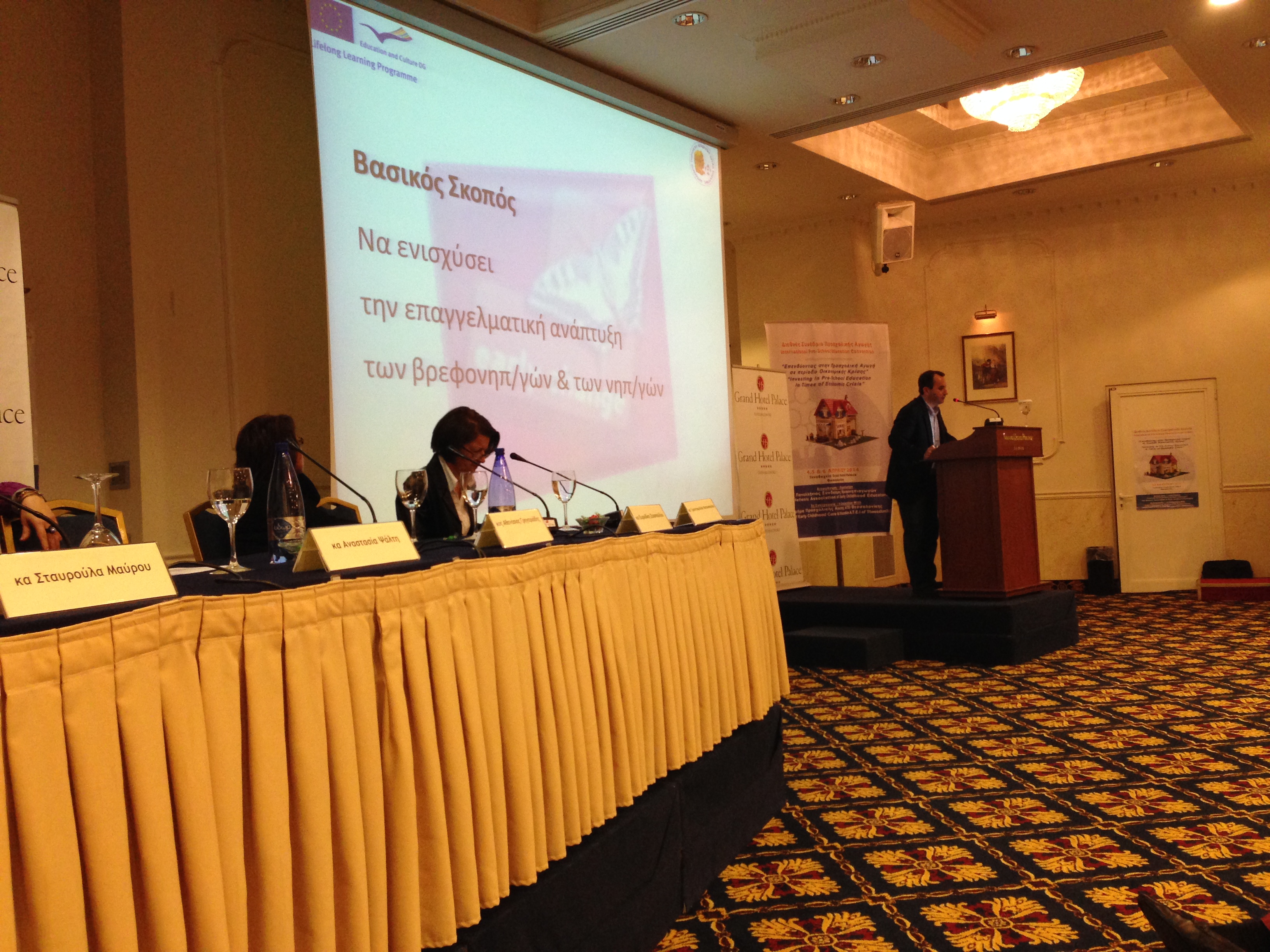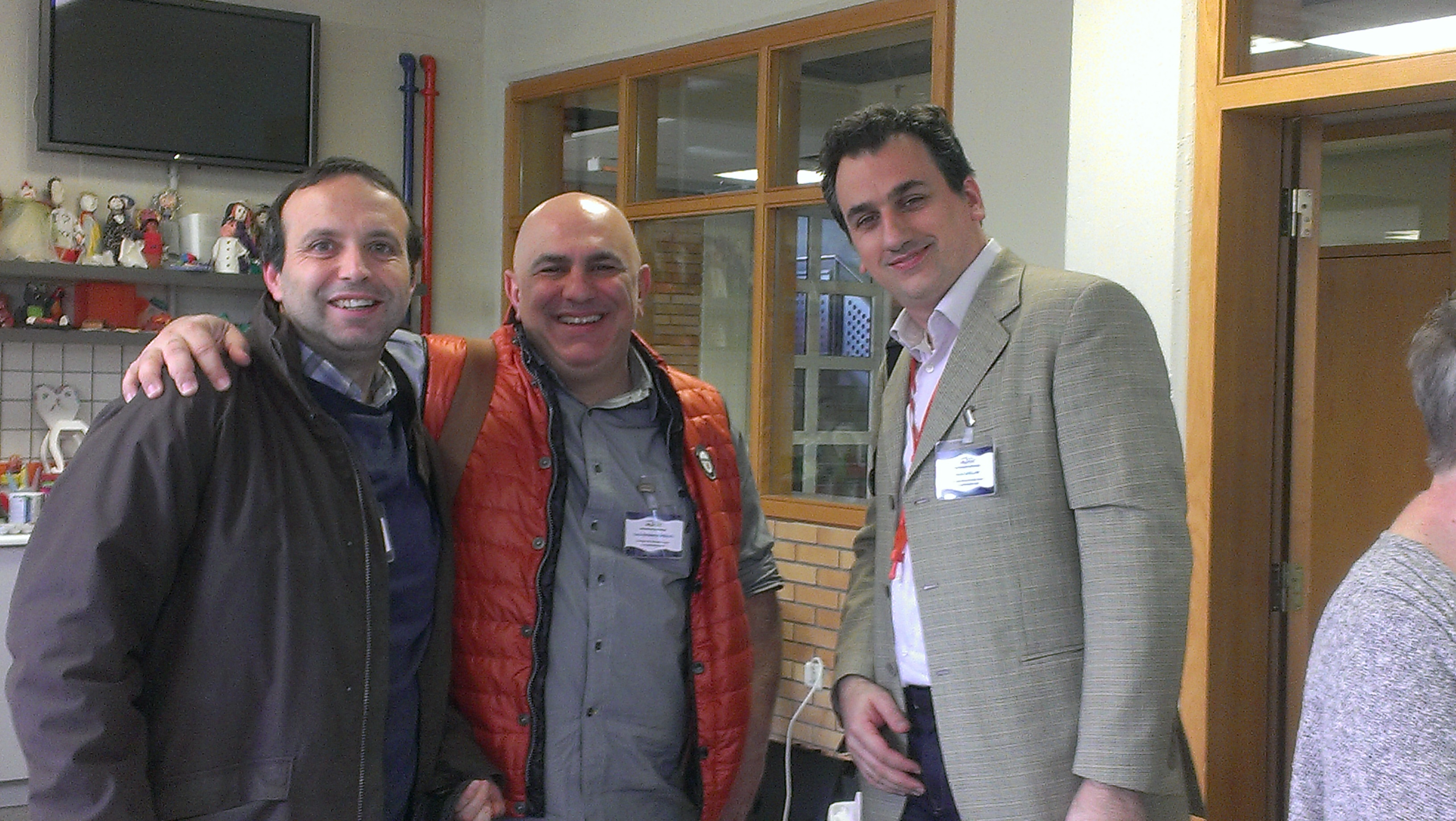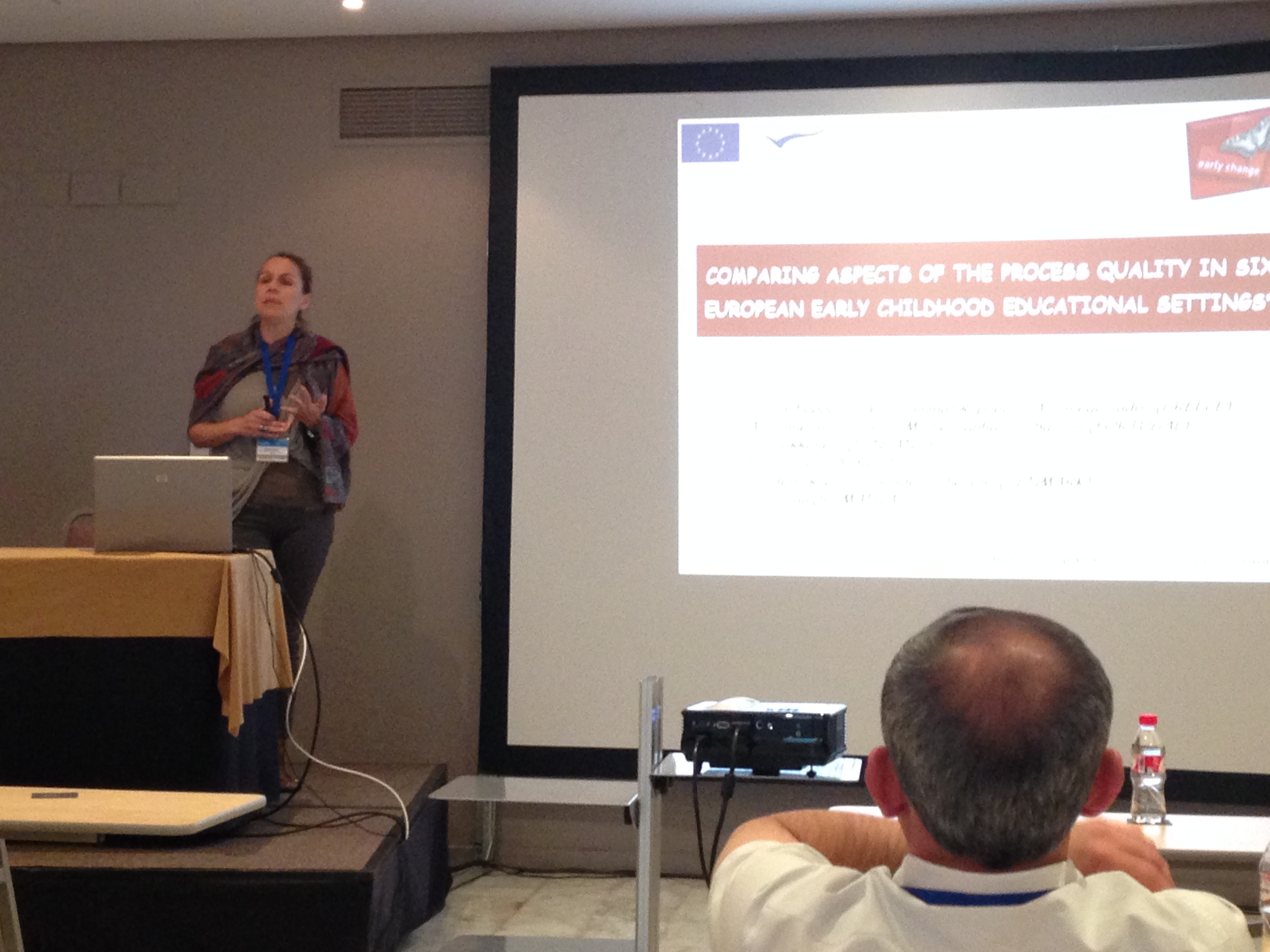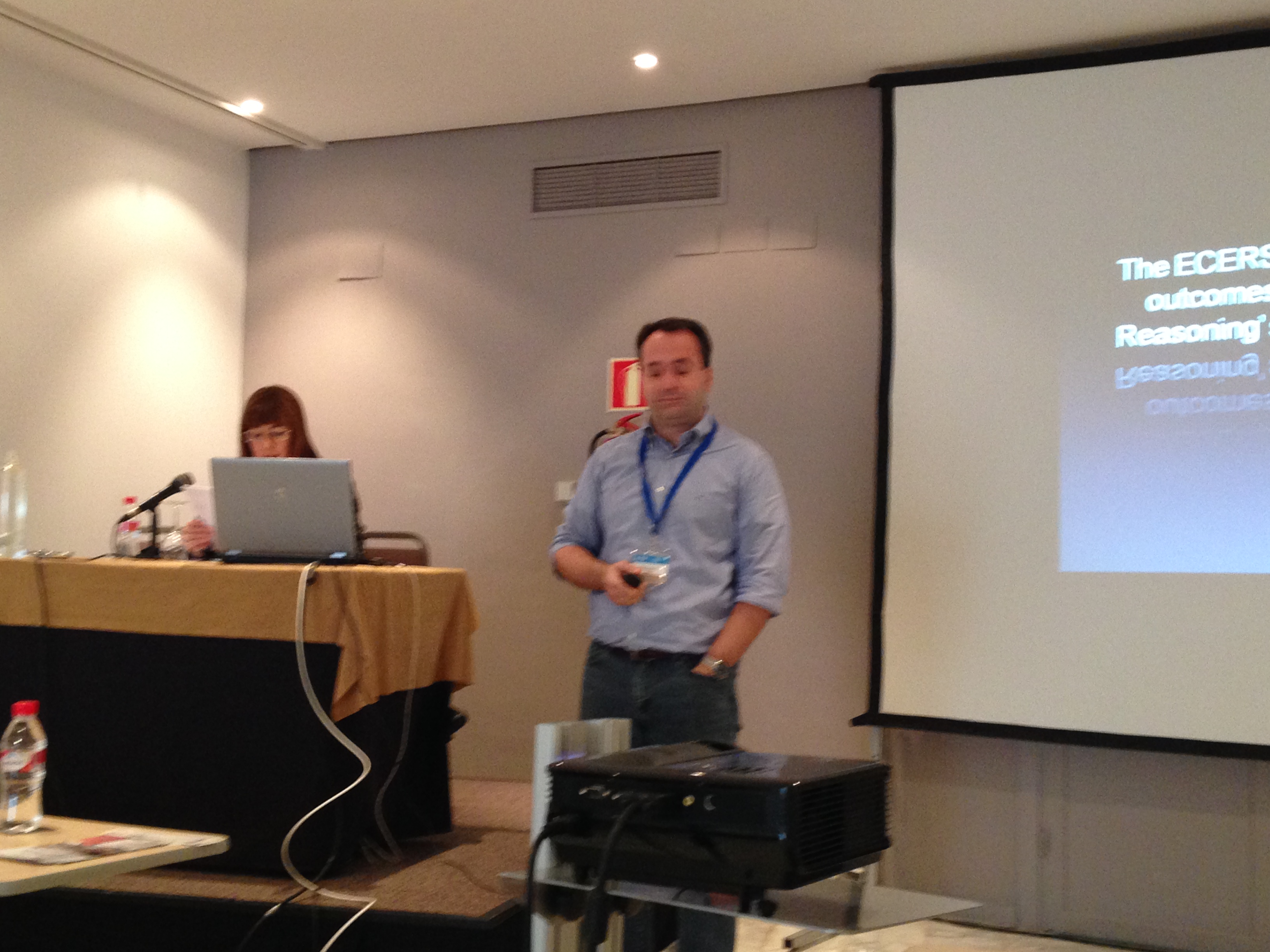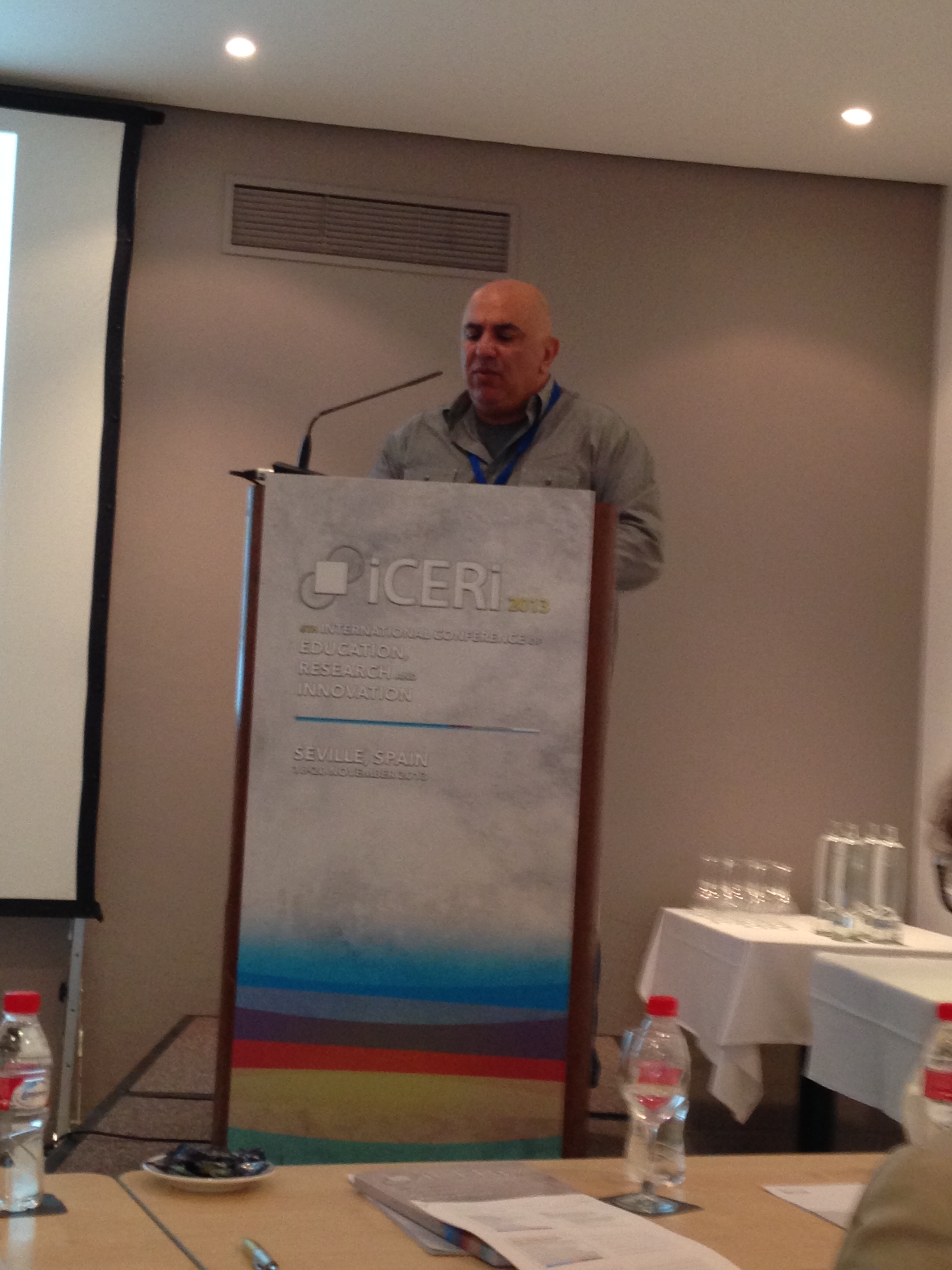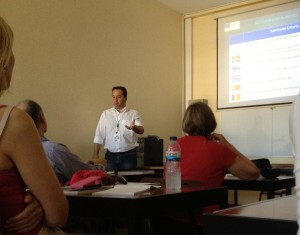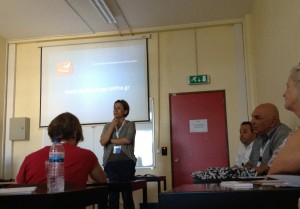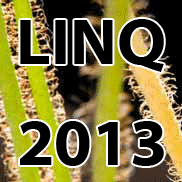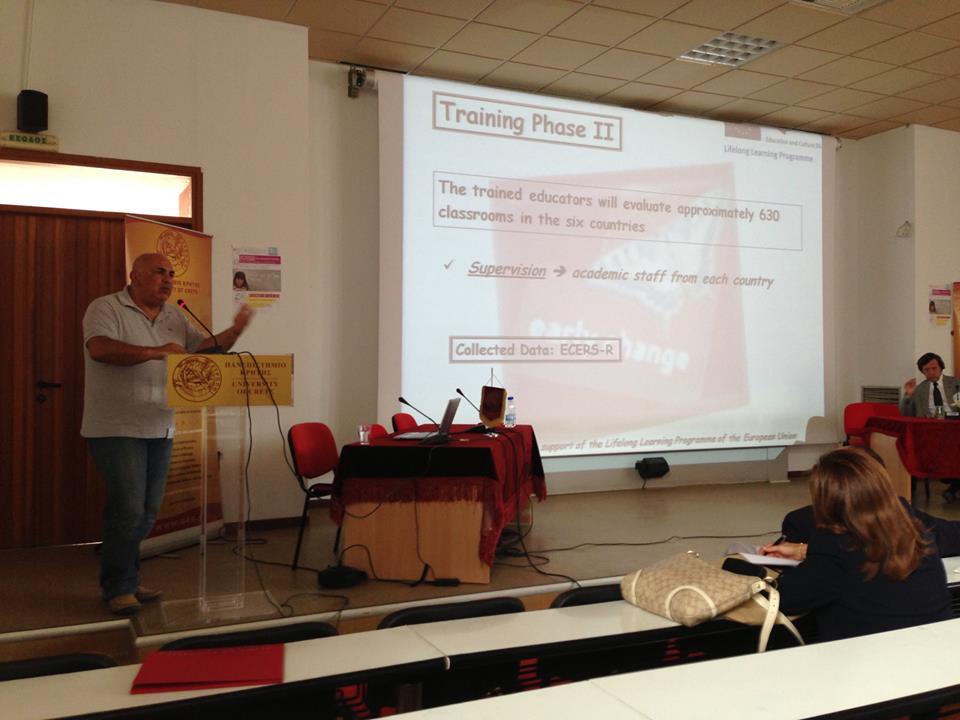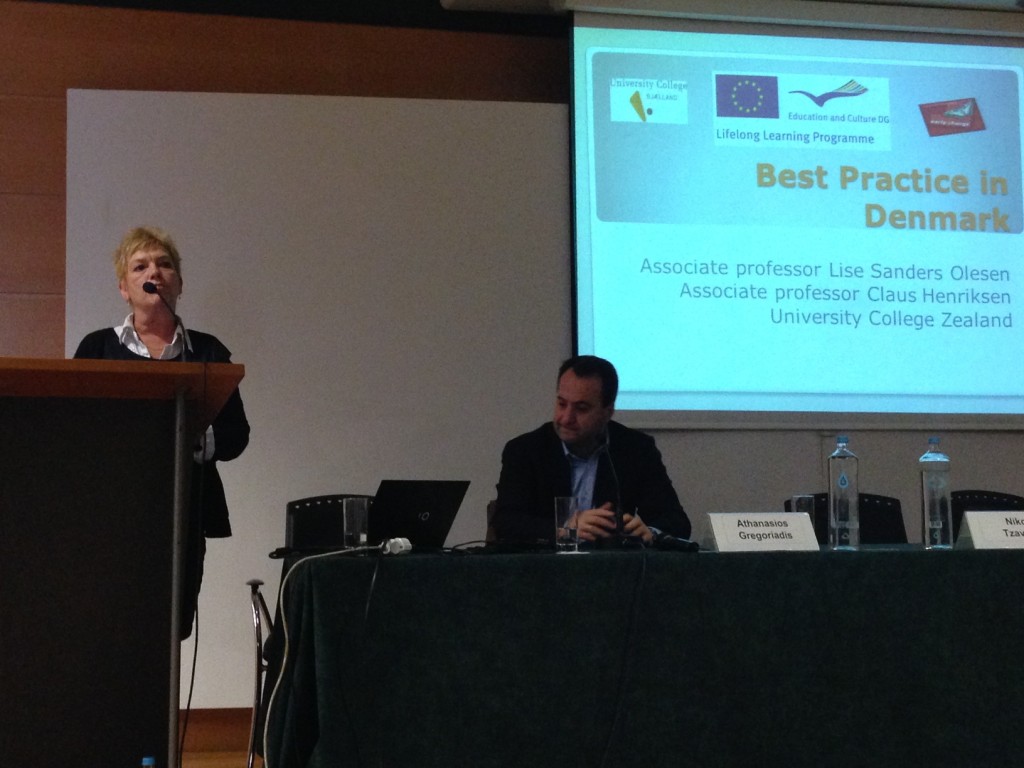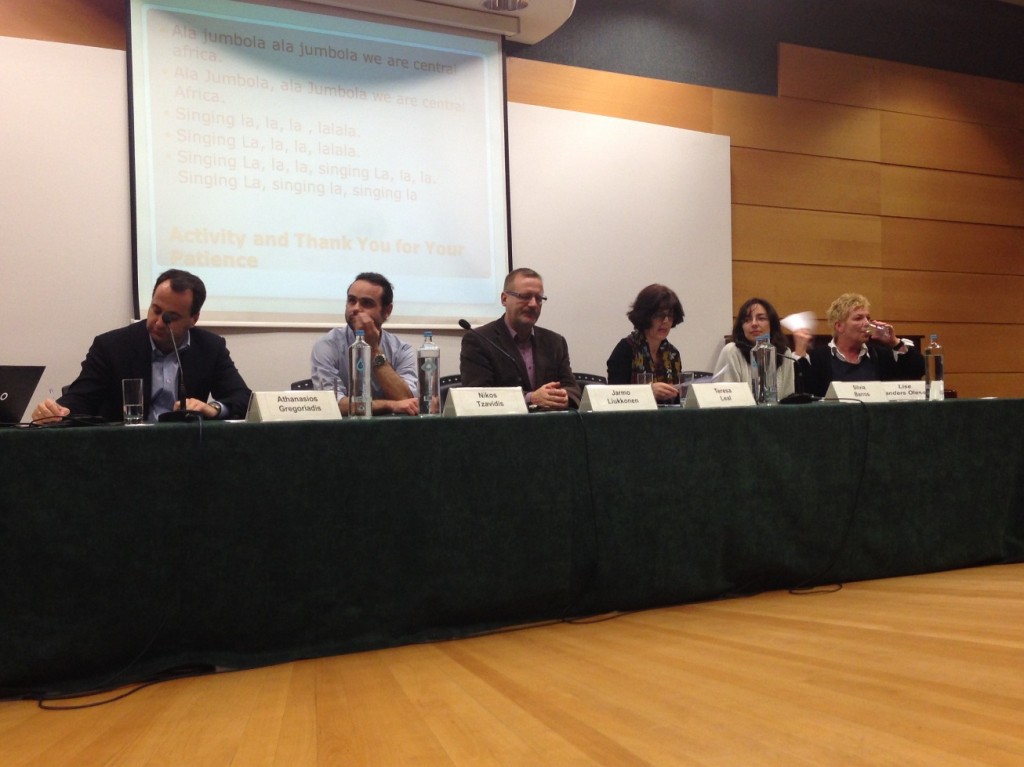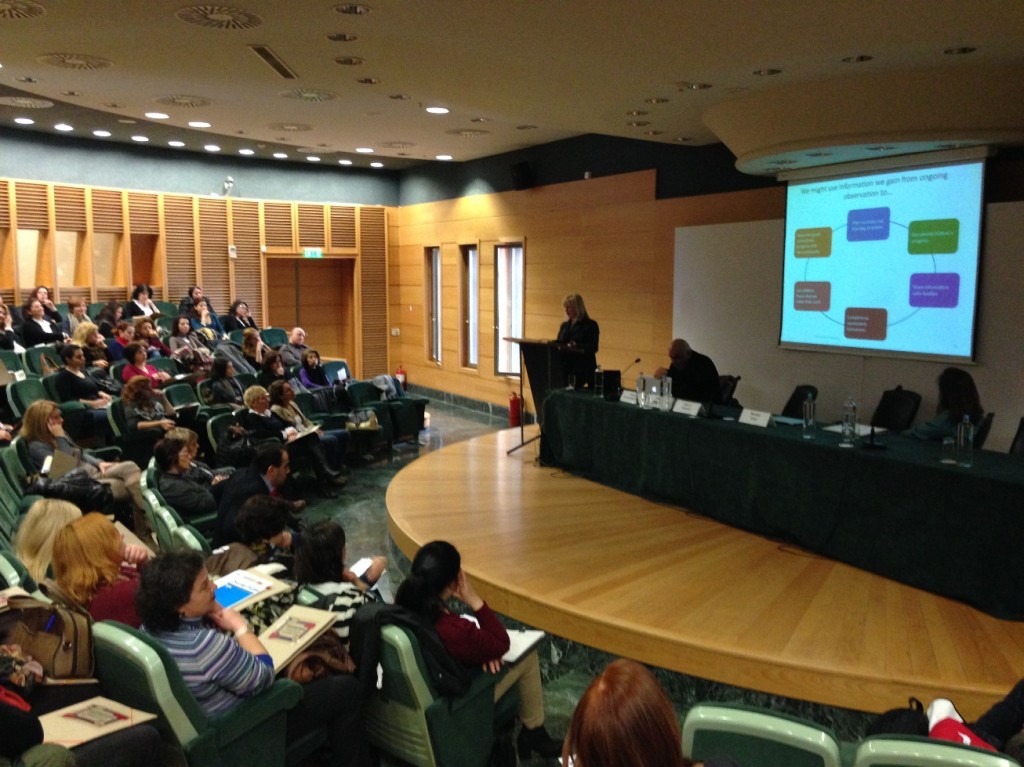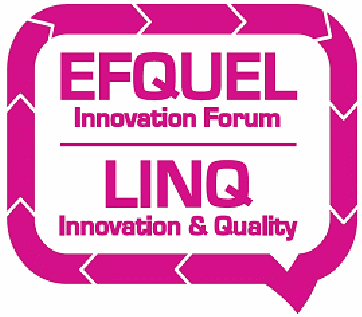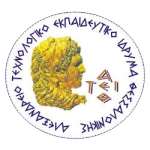Portugal
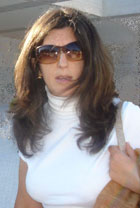
CV
Ana Madalena Gamelas is an Educational Psychologist who developed her Education at the Faculty of Psychology and Sciences of Education in the University of Porto. Here she got a Master and a Doctoral degrees in Psychology of Child Development and Education. She is an Assistant Lecturer in the Special Education Department at the School of Education – Polytechnic Institute of Porto, teaching courses both in Bachelor and Master’s Degrees. She is a researcher, PhD, at the Centre of Psychology of Oporto University, where she has been participating, since 1992, in different European and national research projects. During the period 1994-2006 she worked directly, as an Educational Psychologist, with children and their families, and preschool institutions. Since 2002 she has organized and teached several in service-training courses on preschool quality environment (namely ECERS-R training), emergent literacy and social skills in educational settings. Ana Gamelas is one of the translators of the Early Childhood Environment Rating Scale – Revised Edition, into Portuguese (published in 2008). She has presented her work on preschool education nationally and internationally. Her main research interests are: inclusive education; quality dimensions in childcare education; teachers’ beliefs on school/classroom practices; literacy development; mixed methodology and Q methodology.
E-mail: agamelas@ese.ipp.pt
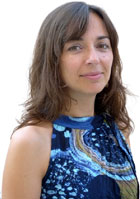
CV
She is a Lecturer in the scientific area of Psychology at the School of Education – Polytechnic Institute of Porto. Teaches courses both in Bachelor and Master’s Degrees. Is a member of the scientific coordination of the Master in Social Education and Intervention. Is responsible for a Continuing Education Programme (i.e., Lifelong Education) for preschool teachers. She is a researcher, PhD, at the Centro de Psicologia da Universidade do Porto. Is one of the translators of the Infant/Toddler Environment Rating Scale – Revised Edition, into Portuguese (in press). Previously, had a research fellowship (PhD) from the Fundação para a Ciência e a Tecnologia (FCT), with the doctoral project Child Care Quality: Ideas and Practices, at the University of Porto (2002-2006); was a student participant in the Transatlantic Consortium in Early Childhood Early Intervention (2003-2004), funded by the European Commission and the U.S. Department of Education, with attendance of three intensive institutes [(1) Mälardalen University, Sweden; (2) University of North Carolina at Chapel-Hill, USA; and (3) Porto University, Portugal]; and had a Professional Internship and Research Fellowship in a project developed by the Center of Psychology at the University of Porto. Participated on the organization of the 2009 ECERS’s meeting and of the Porto Intensive Summer Institute – Transatlantic Consortium in Early Childhood Early Intervention (2004). Has been publishing nationally and internationally.
E-mail: silviabarros@ese.ipp.pt
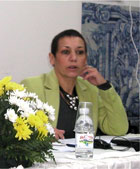
CV
She is a Professor in the scientific area of Psychology at the School of Education – Polytechnic Institute of Porto. Teaches courses both in Bachelor and Master’s Degrees. Is the Coordinator of the scientific area of Psychology and member of the scientific council at the School of Education – Polytechnic Institute of Porto. Is responsible for a Continuing Education Programme (i.e., Lifelong Education) for preschool teachers. Between 2000 and 2004, she has participated, as a PhD student at the Psychology Centre – University of Porto, in the project entitled “The quality of child interactions in family and day care centre and its impact in child sociocognitive development”, funded by Fundação para a Ciência e Tecnologia (POCTI/PSI/35207/2000, and between 2005 and 2008, she has participated, as a researcher, PhD, at the Psychology Centre – University of Porto, in the project entitled “Longitudinal Study of Children’s Engagement and Adaptation” funded by Fundação para a Ciência e Tecnologia (POCI/PSI/58712/2004). Is one of the translators of the Infant/Toddler Environment Rating Scale – Revised Edition, into Portuguese (in press). Has been publishing nationally and internationally.
E-mail:Pessanha@ese.ipp.pt


